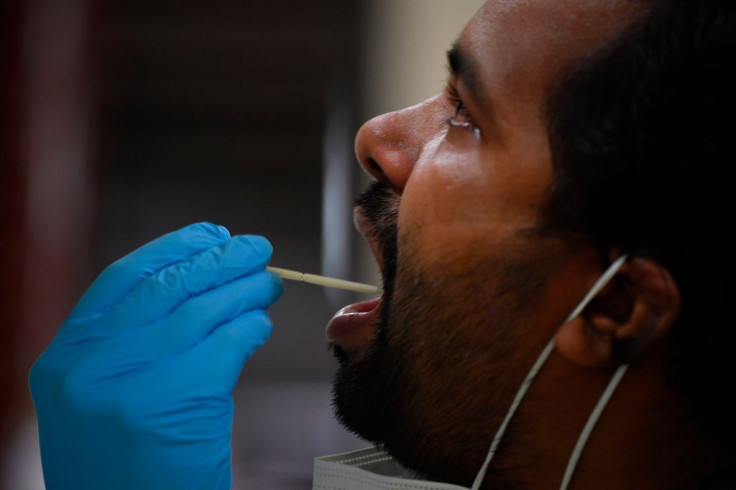
Getting affected by coronavirus infection may deprive men of testosterone and reduce their immunity, thus make them more susceptible to fall ill. These are the findings of a recent study conducted on more than 200 men in Turkey.
During the study, the research team from the University of Mersin analyzed the testosterone levels of 200 men who were admitted to the hospital after catching coronavirus infection. It was found that nearly 51 percent of the patients developed hypogonadism, that is, the testosterone production in their body was reduced after testing positive for the novel coronavirus.
On average, the researchers found that the levels of testosterone decreased by almost 30 percent in patients post-COVID as compared to “borderline unhealthy levels.”
During further investigations, the team was able to correlate the severity of illness and lower testosterone levels in men. However, even in men with no symptoms of COVID-19, there was a decrease of libido or sex drive, which is primarily a sign of lower testosterone levels.
Testosterone plays a great role in maintaining sex drive as well as the development of muscles and sex organs. Apart from that, it also plays an important role in generating an immune response against a variety of infections, including viral attacks.
Therefore, low levels of testosterone have been linked to an increased risk of death from viral infections such as flu and also an increased risk of heart disease, inflammation and hypertension.
“In our study, the mean total testosterone decreased, as the severity of the Covid-19 increased. The mean total testosterone level was significantly lower in the ICU group than in the asymptomatic group,” lead author Professor Selahittin Çayan said. “In addition, the mean total testosterone level was significantly lower in the ICU group than in the standard care group.”
The researchers are now calling for testosterone replacement therapy (TRT) to be studied as a treatment option for the virus.
The study had its limitations as it did not have enough data for testosterone levels in patients before they got infected by a coronavirus. Also, there was no control group with a condition other than COVID-19 to compare the data with.
© 2025 Latin Times. All rights reserved. Do not reproduce without permission.




